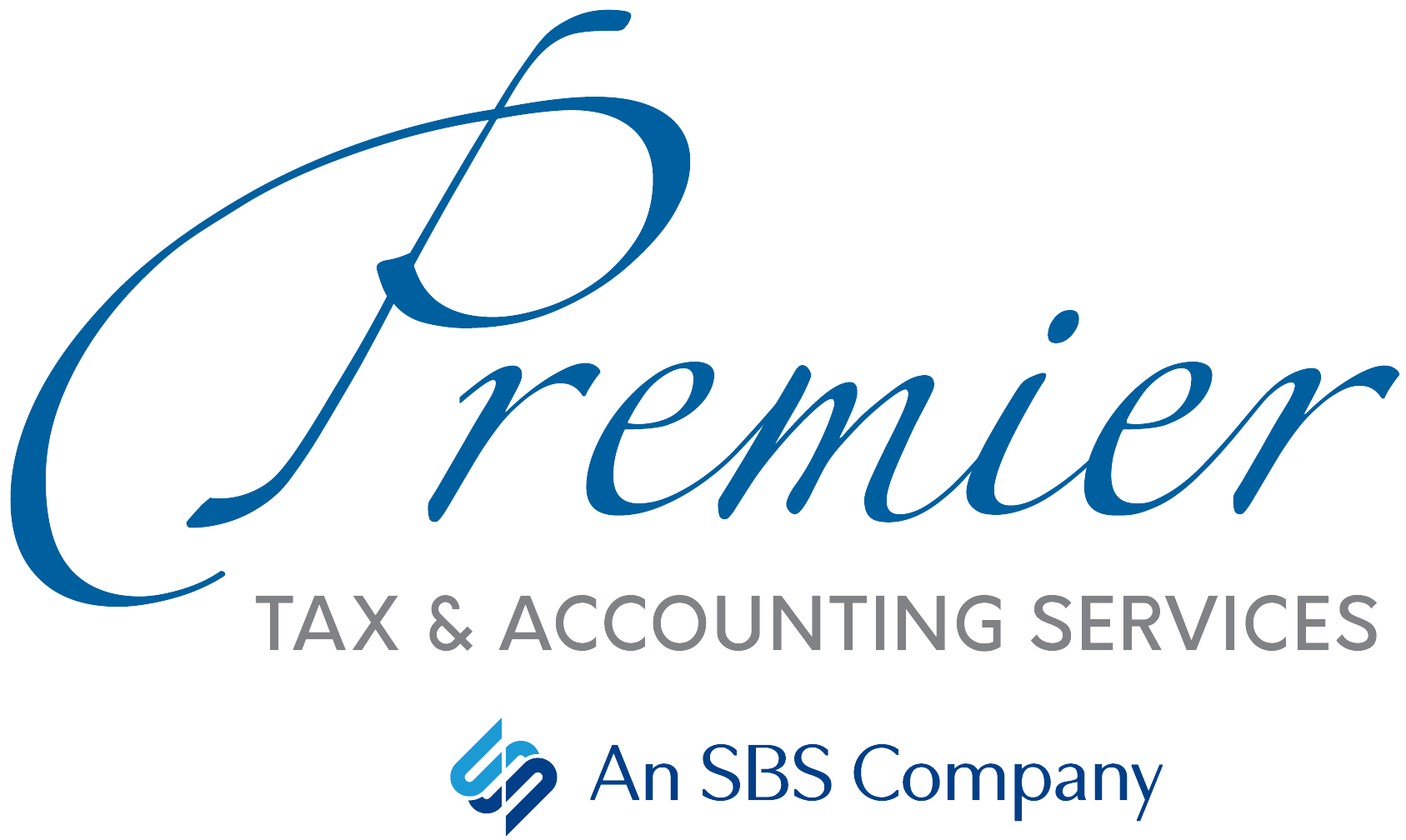Beginning July 1, 2021, owners of certain short-term rentals must begin paying hotel taxes under House Bill 317, which was signed into law by Governor Kemp last month. The law requires that home rental companies, such as Airbnb and VRBO, collect Georgia’s $5-per-night lodging tax as well as local excise taxes.
House Bill 317 imposes the $5 fee on all lodging facilities and rooms except those that do not provide shelter and extended-stay rentals (30+ days). The costs will be passed on to renters in their bills.
Lodging Tax Expanded
In short, House Bill 317 revised the state definition of “innkeeper” (used to calculate lodging excise taxes) to include Airbnb and other marketplace-based innkeepers. It adds a $5 nightly tax to short term rentals in addition to the sales tax, and Fannin County and City of Blue Ridge lodging taxes already levied. The county’s tax rate is currently 6%, while rentals within the city limits pay 8%.
Total lodging taxes for all local rentals are now:
- 7% Sales Tax
- 6% Fannin County Lodging Tax
- 2% City of Blue Ridge Lodging Tax (if applicable)
- $5-per-night Hotel Tax
More Money for Local Spending
The lodging tax is projected to raise $17 million for the state in 2022, while local governments could receive $20 to $30 million annually. In Fannin County, the hotel/motel tax is split 50/50 with the Chamber of Commerce, with the county funds spent mostly on public safety projects. The Chamber’s 50% is spent on marketing and tourism, which helped generate $273.3 million in direct visitor spending in 2020, including $65.6 million in lodging.
If you need assistance computing or filing lodging and excise taxes, please contact us at (706) 632-7850. We can help you update your systems for the new tax rates.
Where’s My Refund?
Still waiting on your federal or state tax refund? You can start checking your federal refund status within 24 hours after an e-filed return is received by using the Where’s My Refund? tool on the IRS website. The tool provides a personalized refund date after the return is processed and a refund is approved.
The IRS updates the Where’s My Refund? tool once a day, usually overnight, so you don’t need to check the status more often. You will need to allow time for your financial institution to post the refund to your account or for it to be delivered by mail.
To Use the Tool, You Will Need:
- Your Social Security number or Individual Taxpayer Identification number
- Your tax filing status
- The exact amount of the refund claimed on your tax return
Where’s My Refund? Links:
Reporting Tip Income
Generally, income you receive from any source, such as tips, is taxable. This includes:
- Tips directly from customers.
- Tips added using credit cards.
- Tips from a tip-splitting arrangement with other employees.
- Non-cash tips, such as tickets, passes or other items of value.
If you receive $20 or more in tips in any one month, you must report your tips for that month to your employer by the 10th day of the next month. Your employer must withhold federal income, Social Security and Medicare taxes on your reported tips.



